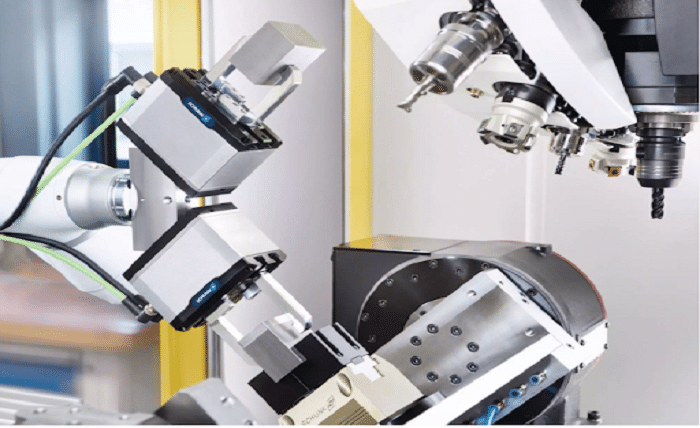The rapid advancement of technology over the past few decades has significantly impacted various aspects of our lives, including our wellness. From improved healthcare and fitness tracking to mental health support and enhanced connectivity, technology has revolutionized how we maintain and improve our well-being. This comprehensive guide explores how the development of technology has positively affected our wellness, highlighting key areas and innovations.
Technology and Wellness
Technology and wellness are increasingly intertwined in today’s world. From wearable fitness trackers to telehealth services, technological advancements have provided new tools and methods to help us monitor, maintain, and improve our health and wellness.
Advancements in Healthcare
One of the most significant ways technology has improved our wellness is through advancements in healthcare. Innovations such as electronic health records (EHRs), telemedicine, and robotic surgery have made healthcare more efficient, accessible, and effective.
Wearable Fitness Trackers
Wearable fitness trackers, like those from Fitbit, Garmin, and Apple, have transformed how we monitor our physical activity. These devices track steps, heart rate, sleep patterns, and more, providing valuable data that helps users set and achieve fitness goals.
Telehealth Services
Telehealth services have become increasingly popular, especially during the COVID-19 pandemic. They allow patients to consult with healthcare providers remotely, making healthcare more accessible and convenient, particularly for those in remote or underserved areas.
Mobile Health Apps
Mobile health apps, such as MyFitnessPal, Headspace, and Calm, offer a wide range of wellness services. These apps provide everything from guided meditation and mental health support to diet tracking and exercise routines, empowering users to take charge of their health.
Enhanced Mental Health Support
Technology has also improved mental health support. Online therapy platforms, mental health apps, and virtual support groups offer accessible and affordable options for those seeking help, breaking down barriers to mental health care.
Improved Sleep Quality
Technology has given us tools to improve sleep quality, such as smart mattresses and sleep tracking apps. These innovations monitor sleep patterns, provide insights, and suggest improvements to help users achieve better rest.
Personalized Fitness Programs
The development of technology has made personalized fitness programs more accessible. Online platforms and apps can create customized workout plans based on individual goals, preferences, and fitness levels, enhancing the effectiveness of fitness routines.
Nutrition and Diet Tracking
Technology has made it easier to manage nutrition and diet. Apps and online platforms provide tools to track food intake, monitor nutritional values, and plan meals, helping users make healthier dietary choices.
Enhanced Connectivity and Social Support
Social media platforms, online communities, and communication apps have improved connectivity, offering social support and motivation. These platforms enable users to share their wellness journeys, connect with like-minded individuals, and access valuable information and resources.
Future Trends in Technology-Driven Wellness
The future of technology-driven wellness looks promising with emerging trends such as artificial intelligence (AI), virtual reality (VR), and personalized medicine. These advancements will continue to shape how we approach wellness, offering more personalized, effective, and accessible solutions.
Conclusion
The development of technology has profoundly impacted our wellness, offering numerous tools and innovations that help us maintain and improve our health. From advanced healthcare and fitness tracking to enhanced mental health support and improved connectivity, technology has made wellness more accessible and effective. As technology continues to evolve, we can expect even more advancements that will further enhance our well-being.
FAQ
- How has technology improved healthcare accessibility?
- Technology has improved healthcare accessibility through telehealth services, electronic health records, and mobile health apps, making it easier for patients to receive care remotely and manage their health.
- What are some popular wearable fitness trackers?
- Popular wearable fitness trackers include Fitbit, Garmin, and Apple Watch, which track physical activity, heart rate, sleep patterns, and more.
- How do mobile health apps support wellness?
- Mobile health apps support wellness by offering tools for diet tracking, exercise routines, mental health support, guided meditation, and sleep improvement, empowering users to take control of their health.
- What role does technology play in mental health support?
- Technology plays a significant role in mental health support by providing online therapy platforms, mental health apps, and virtual support groups, making mental health care more accessible and affordable.
- What future trends can we expect in technology-driven wellness?
- Future trends in technology-driven wellness include advancements in artificial intelligence, virtual reality, and personalized medicine, which will offer more personalized, effective, and accessible wellness solutions.





